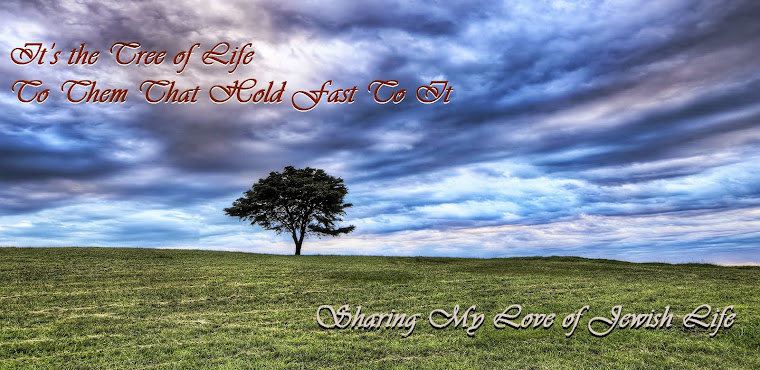Have you ever heard the question: are you a Jewish American or an American Jew? As an English major, I always enjoyed thinking about how the subtle shift in syntax changes the meaning of the phrase. The question, of course, is which word a person uses an adjective and which as a noun. Am I an American who is Jewish or a Jew who is American?
It is a question of mind-frame, about where you are and where you are going. The Torah (Genesis 37:1) states: “Vayeishev Yaakov, and Jacob settled”…and one of the best known commentaries on this verse is that this was an error on Jacob’s part. You see, previously, the patriarchs had always been described as dwelling (or sojourning), implying that they were ready to continue with either or both their physical and spiritual journeys. The commentaries say that everything that happened to Jacob (particularly losing Joseph) was because he “settled,” he became complacent.
Next week, Jews in America will celebrate two holidays, Chanukah and Thanksgiving. Now before I say anything further, let me be clear that I am an ardent practitioner of both.
Next week, Jews in America will celebrate two holidays, Chanukah and Thanksgiving. Now before I say anything further, let me be clear that I am an ardent practitioner of both.
This year, that celebration has been dubbed Thanksgivukkah – a once-in-a-lifetime holiday for American Jews. But this new celebration makes me pause. Is my identity as an American and as a Jew so intertwined that I have to merge these two celebrations? I want my deep fried donuts and I want my turkey, but that does not mean I want a deep fried turkey.
Most years, Jews have to struggle to remember that Chanukah isn’t the Jewish Christmas. It’s hard to deny that Christmas doesn’t look like a lot of fun to celebrate, but Chanukah bushes and tinselly blue and white decorations have no connection to the holiday. They only send a message that there is something to add to the celebration of Chanukah, as if there is a lack of something…and the same goes for Thanksgivukkah (and yes, most of what I see is adding Thanksgiving to Chanukah, not Chanukah to Thankgiving).
This is the question of settling or dwelling. When one has settled into a place, one begins to absorb the ways and mores of the surrounding people. When one has the attitude of sojourning, or living temporarily (even long-term temporarily) one has a stronger will to maintain one’s unique identity.
The question of identity might be more pressing to me as an American Jew now living in Montreal, Quebec. For those not familiar with the situation, the nationalist party that is currently in power feels that they must assert a homogenous provincial culture. Currently in the legislature is something being referred to as the “Charter of Values,” which basically declares that employees of any business that accepts any government funding (including hospitals, schools, etc.) may not wear religious symbols – kippa/yarmulka, head scarf, cross, etc. At the same time, they are smiling and saying that Quebec is a place that encourages freedom and diversity! Suddenly, I relate a little more strongly to the cause of the Maccabees.
The Maccabees fought against a dominant culture that wished to absorb them, that said, at first, we’re okay with you Jews doing your own thing…but maybe you should do it more like us, and a little more, and still more. In the days of the Maccabees, there were many Jews who had stopped celebrating Jewish life altogether because of the subtle pressure of the society around them…and that was before the Syrian-Greeks began imposing oppressive measures.
Perhaps you are now thinking that it is a bit of a stretch to say that making a Thanksgivukkah celebration is going to lead Jews to assimilating themselves off the demographic map. That is not my point. My point is that my family will enjoy a delicious meal of turkey and stuffing and go around the table noting that for which we are grateful – right after we light the menorah and sing Maoz Tzur and remind ourselves (and those around us who see the menorah lit in the window) of the miracles God performed for the Jews who fought against their way of life beig diluted by the culture of others.
